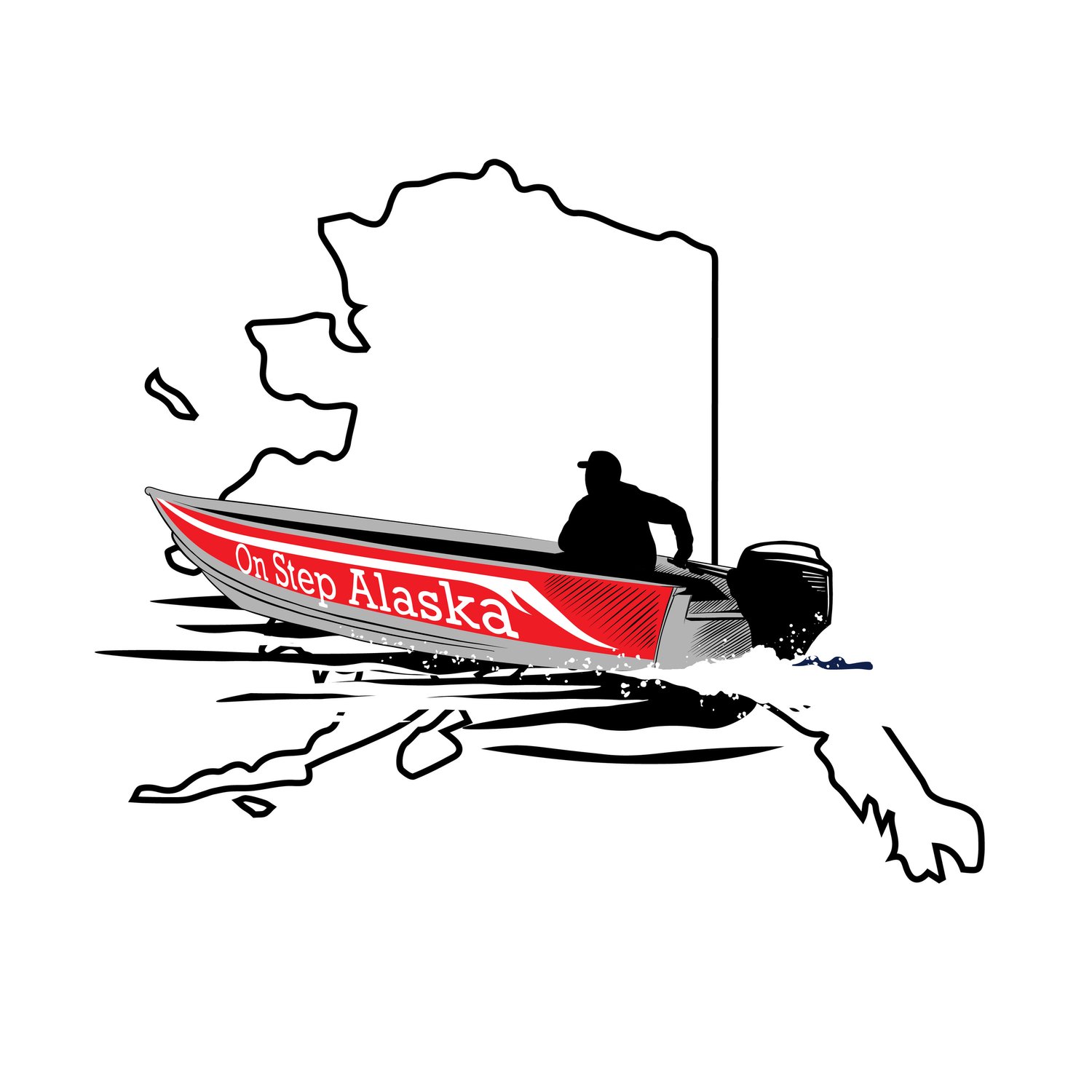Grad school post: Misrepresentations
I live in Alaska. Which means all one must do is watch the Discovery Channel to see how I live. Right? The truthful and honest reporting through reality TV shows has no interest in massaging or perpetuating stereotypes. Okay, that's far enough.I don't think the Discovery Channel cares much about accuracy, and I am fine with that. The goal of Alaskan reality TV shows is to entertain, and to do that, you need stock characters developed into protagonists which are fun to watch. You need conflict, even if it has to be manufactured, in order to have a TV show worth watching.But misrepresentations are potentially hazardous.There has been a on-going feud between Alaska-based columnist Craig Medred and Into the Wild author Jon Krakauer. Medred has criticized Krakauer for lionizing Chris McCandless and manufacturing a fascination with the young man's journey which ended in a lonely death in interior Alaska. As a result, people have flocked to "the bus" as a sort of pilgrimage to pay homage to an idealist while ignoring the lack of fundamental preparedness which was a factor in his death. Alaska is unforgiving. Nature does not care about idealism, or journeys to find the meaning of life. But death can be romanticized through the misrepresentation, or tweaking of truth.I loved Into the Wild as a discussion starter. It's researched and well-written, but there is no question it can be read, and probably is read, in a way which appeals to the part of us which wants to throw off responsibility and the hounding nature of society for a free life on the road. The only problem is that throwing off society can make you more dependent on it. If you don't have money, you are dependent upon those who do - those who are a working part of society. Rather than find a comfortable place in it, by separating yourself, you might end up being at the mercy of it.In the realm of scholastic journalism, this is a lesson in the dissemination of information. A report on gang presence, academic dishonesty, drugs or alcohol use can unfairly taint an image of a school or district. Conversely, just because a student hasn't observed any of these issues, does not mean they don't exist. That certainly does not mean that journalists should not pursue truth in these areas, but information must be actively and thoroughly pursued. The daily observations of one student within his or her normal circle of friends does not constitute the understanding of an entire high school's dynamics.You can find what you want if you look hard enough, and you can taint an audience by splicing bias into a piece whether intentionally or unintentionally.
